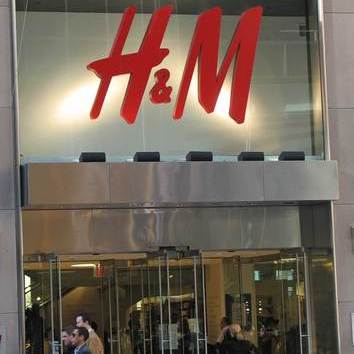Do you wear cheap chic or luxury clothes?
Floods earlier this year caused significant damage to major cotton crops around the world. A knock on effect of this is there is now a shortage of cotton and as a result cotton prices are currently at record highs.

“Cheap Chic” is a business model adopted by various clothing companies where, as the name suggests, clothing is made as cheap as possible but at the same time designed to be fashionable.
We’ve blogged elsewhere about Primark’s techniques for producing cheap clothing and yesterday another leading producer of Cheap Chic released their results.
Hennes & Mauritz, or H&M as they are commonly known, released their latest figures and they weren’t particularly attractive. They showed a 3rd consecutive fall in quarterly profits.
One of the main reasons for the fall in profits was the high price of cotton.
At the cheaper end of the clothing market the cost of material as a proportion of total cost is a lot higher than when compared with luxury brands such as Prada and Burberry where the material proportion is a lot lower. These luxury brands will instead have a higher ratio of other costs such as design, branding and marketing.
Back to H&M though and they have decided not to increase their prices to offset the higher material costs. Instead, they have accepted lower margins.
This contrasts with other clothing companies such as Next who have increased their prices due to higher costs.
70% of H&M is controlled by the founding Persson family so they have the power to maybe take a more long term approach to this issue. They are reportedly accepting lower margins on individual items with the hope of recovering this by increasing their share of the market due to their lower prices.
To me this is an interesting strategic business debate on how to deal with the knock on effects a natural disaster can have on the retail clothing market. Only time will whether H&M have done the right thing in accepting lower margins or whether they should have increased their prices along the same lines as Next.
If you found this item interesting you may also like:







